परिचय
Shivaji Maharaj, the legendary founder of the Maratha Empire, is celebrated as one of India’s most iconic warrior-kings—renowned for his vision of self-rule (Hindavi Swarajya), military genius, and commitment to social justice. The birth of Shivaji marks the emergence of a new era in Indian history, a period that would eventually see the rise of indigenous power in Western India against Mughal and regional Sultanate dominance.
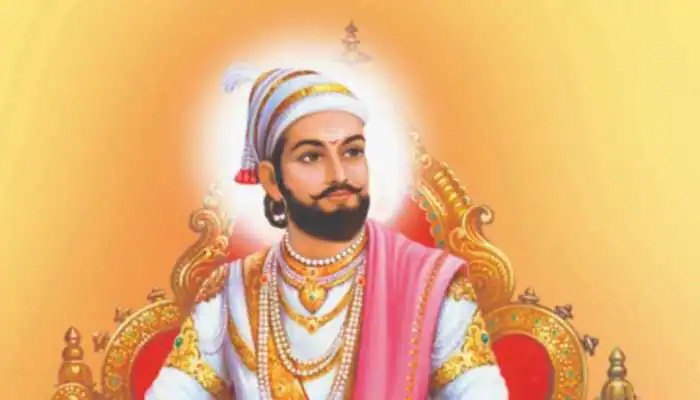
Historical Context: The World Around 1619–1630
During the early 17th century, the Deccan plateau was shaped by the power struggles between the Mughal Empire, under Emperor Jahangir, and the Deccan Sultanates—Bijapur, Ahmadnagar, and Golconda. Local nobility, like Shivaji’s own family, navigated shifting alliances, holding jagirs (fiefs) or serving as sardars (commanders) among warring states.
Date and Place of Birth
- Official/Frequently Accepted Date: February 19, 1630 (19th February 1630, Julian calendar), commemorated as Shivaji Jayanti and supported by the Government of Maharashtra.
- Place of Birth: Shivneri Fort, near Junnar (in present-day Pune district, Maharashtra).
- Family: Son of Shahaji Bhonsle, a Maratha general, and Jijabai, daughter of Lakhuji Jadhavrao.
The Date Dispute
While popular and official sources recognize 19 February 1630 as Shivaji’s birthdate, some historic records suggest alternate dates—such as April 1627 or March 1, 1630, due to differences in local calendars, archival traditions, and conversion errors between Julian and Gregorian systems. Doubts also arose from Jedhe Chronology, local royal records, and horoscopes, but most modern scholarship and commemorations settle on 1630 as the birth year.
Early Life & Family Influence
Shivaji was named after the local deity Shivai Devi, to whom his mother Jijabai prayed for a son after previous infant losses. The Bhonsle family held ancestral estates in Pune and were regional powerbrokers. His father, Shahaji, served both the Ahmadnagar and Bijapur Sultanates at different points and was often away on campaigns. Shivaji’s formative years were thus shaped by his mother’s strong spiritual and ethical guidance and the management of their Pune jagir by Dadoji Kondadeo.
Socio-Political Environment at Birth
- At the time of Shivaji’s birth, Maharashtra was directly under the pressure of Muslim-ruled Deccan Sultanates, with the Mughals increasingly asserting control over the north. The indigenous Maratha nobility were vassals, charged with collecting revenue and raising military support for the Sultanates.
- Jijabai instilled in Shivaji the tales of Hindu heroes and a longing for the restoration of righteous rule, presenting an ideal of independent, just kingship that profoundly influenced his later ambitions.
Key Aspects of His Birth Legacy
- Symbolism: The birth of Shivaji represented hope and future resistance for indigenous power in the Deccan, especially against extant Mughal and Bijapur dominance.
- Historical Sources: Our main sources for information about his birth include early Marathi bakhars (chronicles), genealogies, British colonial and Mughal writings, horoscopes, and poetic tributes by contemporaries like Paramananda and later chroniclers.
- Janmotsav (Birthday Festival): Today, Shivaji Jayanti is celebrated annually on 19 February across Maharashtra and by the global Indian diaspora, commemorating his enduring legacy as a protector of justice, freedom, and indigenous identity.
Interesting Facts
- There is a unique legend that Jijabai, during pregnancy, had auspicious dreams signifying Shivaji’s future greatness and martial prowess.
- Shivaji was born in a fortified hill stronghold, uniquely positioning him for the life of fort-building and mountain warfare he would later pursue as king.
- The date of his birth is commemorated in both the state’s official calendar and in various religious and cultural traditions throughout India, making it among the most celebrated regional birthdays.

निष्कर्ष
The birth of Shivaji Maharaj in 1630 CE, at Shivneri Fort, marked the dawn of a transformative movement in Indian history. Though surrounded by political uncertainty, his upbringing—shaped by a formidable mother and a tradition of martial service—prepared him to carve out a sovereign Maratha state. His legacy, resonant from his very birth, continues to inspire millions with lessons of leadership, resistance, and native pride.

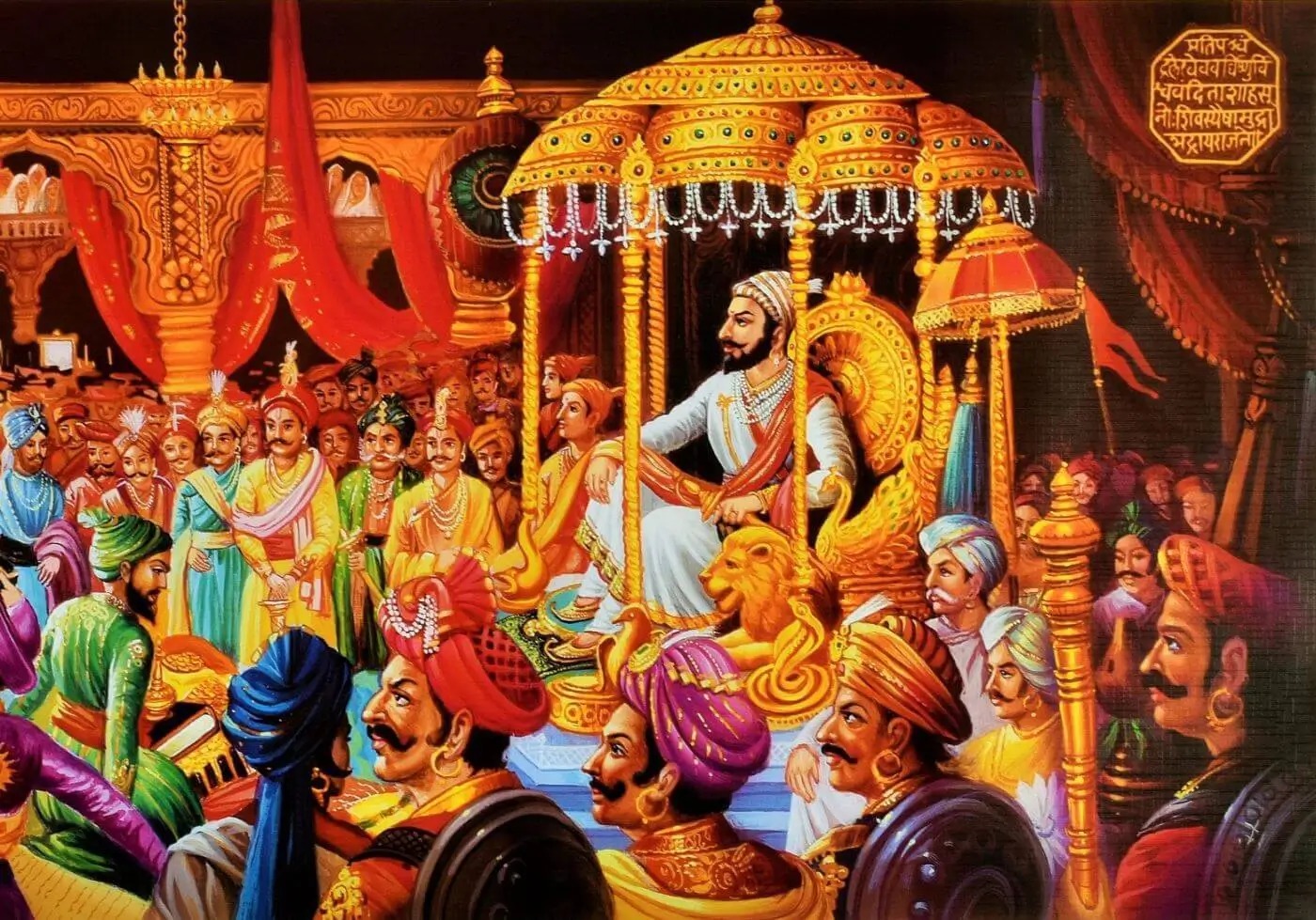

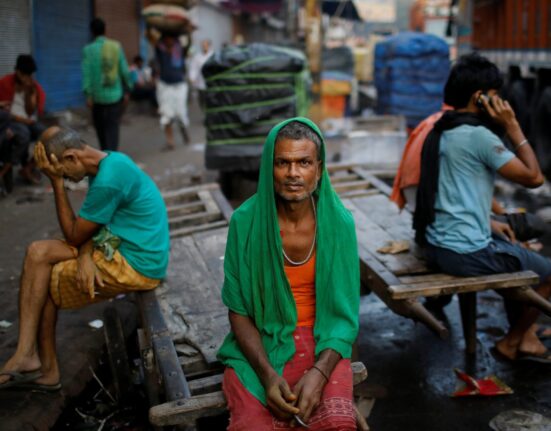

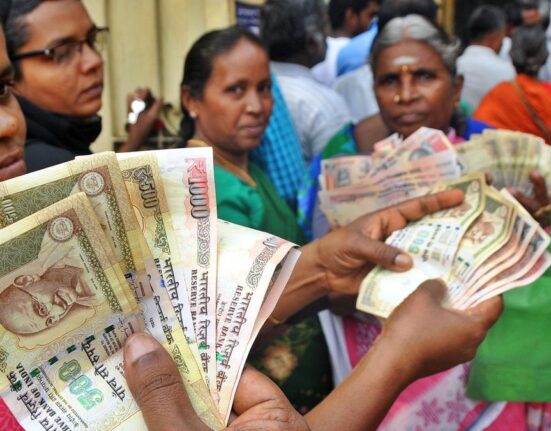
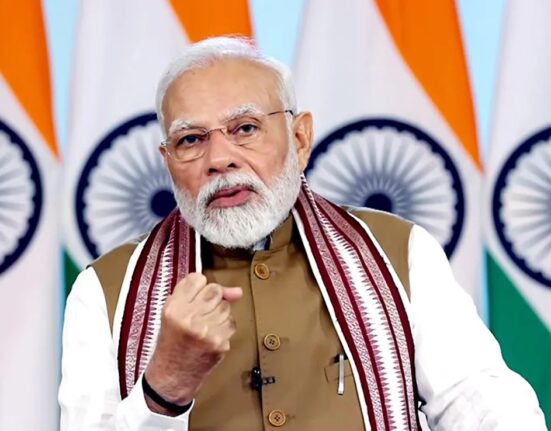
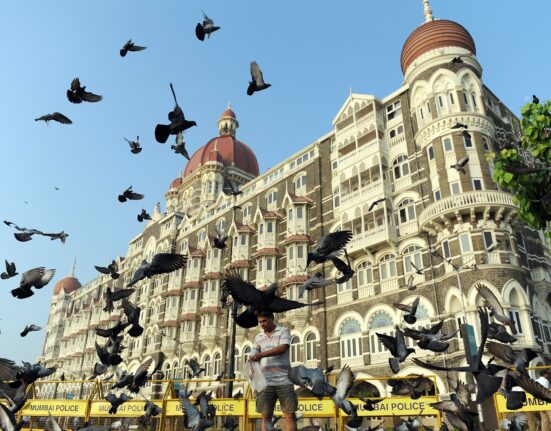
इस बारे में प्रतिक्रिया दें